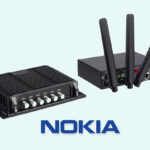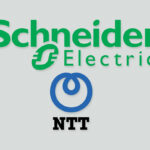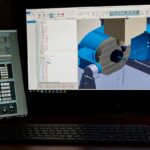ASIA ELECTRONICS INDUSTRYYOUR WINDOW TO SMART MANUFACTURING
Nokia's New Industrial 5G Fieldrouter Extends Scope
Nokia Corporation said it is extending its industrial portfolio of user equipment to facilitate private wireless network connectivity in North America. Particularly, these portfolio are the new Nokia 5G Industrial fieldrouter and dongle, radio access spectrum capabilities, and Nokia Connectivity Operations Dashboard. They are to provide more options for the deployment and management of secure, reliable private 4G/LTE and 5G wireless for enterprises, educational establishments, cities, and other entities.
Connects Machines, Vehicles, Robots
The deployment of the Nokia Industrial 5G fieldrouter and 5G dongle is now possible in Citizen Broadband Radio Service (CBRS) 3.5 GHz spectrum in the United States and Canada. In addition, the Anterix 900 MHz licensed spectrum nationwide across the United States to connect machines, autonomous vehicles, and robots. Furthermore, Nokia radio access points are also ready for CBRS 5G standalone (SA) deployments.
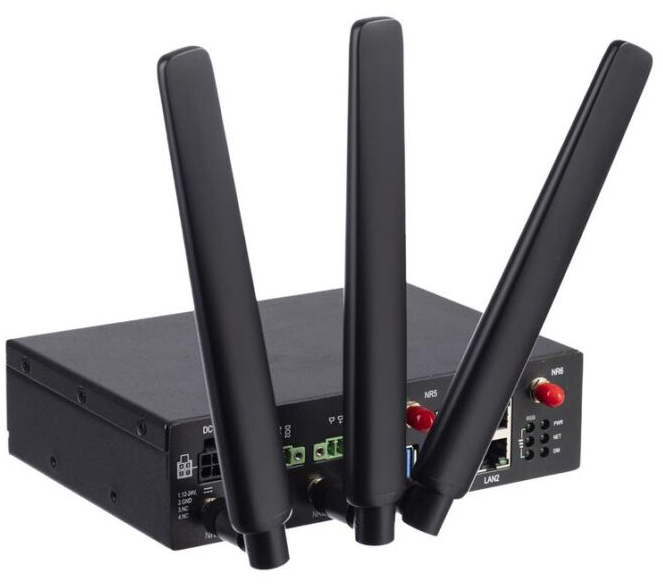
Leveraging the Nokia integrated CBRS solution, which also includes Spectrum Access System (SAS) and Domain Proxy capabilities launched in early 2021, enterprises now have the option to easily deploy private 4.9G/LTE or 5G on shared and licensed spectrum.
COVID lockdowns highlighted the fact that millions of U.S. students had limited or no internet access. Since then, billions of dollars have been invested with some leveraging CBRS spectrum to connect communities over private wireless using 4G/LTE hotspots. Moreover, enterprises too can use private wireless to connect equipment. Hence, by deploying 5G standalone private wireless over CBRS with on-premises industrial edge capabilities, will be able to benefit from business-critical Industry 4.0 use cases. These can include autonomous operations, digital twinning and predictive maintenance.
Todd Nate, Nokia head of private wireless in North America, said, “The release of CBRS spectrum by the FCC for enterprise and public entity use has led to the acceleration in private wireless deployments. Nokia is now working with over 90 private wireless customers in the country, of which over 70 are using CBRS shared spectrum. These are instrumental in connecting underserved communities and digitally transforming enterprises, and by readying our equipment we can help them evolve to 5G at their own pace.”
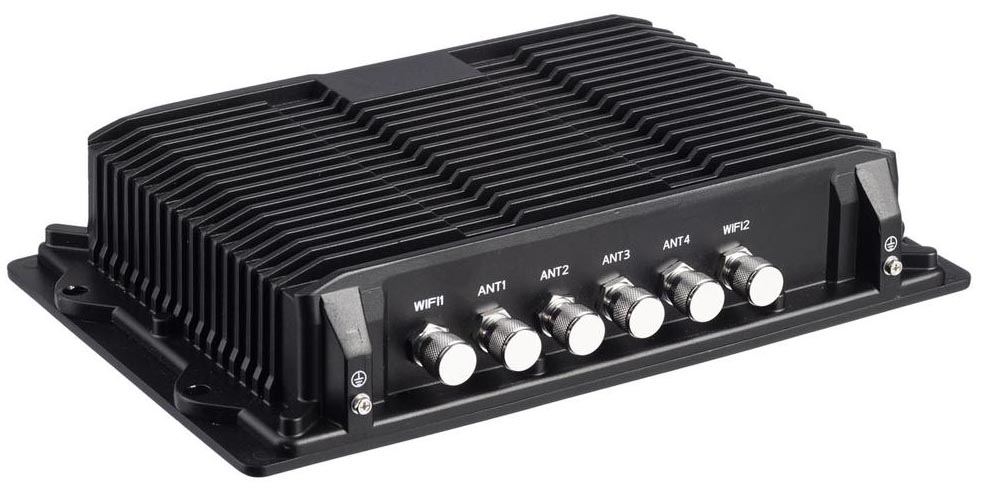
Extends to Industrial Applications
Nokia understands that access to spectrum is only part of the story. Therefore, it is also launching the Nokia Connectivity Operations Dashboard to ensure contextual network visibility. Moreover, Nokia customers will have all the tools they require to track the network usage of connected PCs, phones etc., as the Nokia Industrial user equipment on site feeds data for insights. Nokia Connectivity Operations Dashboard extends Nokia Industrial device management and the information gained from can build the reports required by government and other stakeholders.
Nokia Industrial device management supports zero-touch onboarding of Nokia Industrial smartphones, tablets and IoT devices on the network. Management can scale up itself to thousands of devices, allowing customers to apply policies and permissions by groups and update and patch devices remotely.
Furthermore, by subscribing to Nokia Network Digital Twin in addition to the Nokia Connectivity Dashboard, customers will benefit from real-time monitoring of the network as experienced by the devices. This will provide capabilities such as anomaly detection and prediction of future behavior, allowing the users to see the impact of planned changes ahead of real-world implementation.

